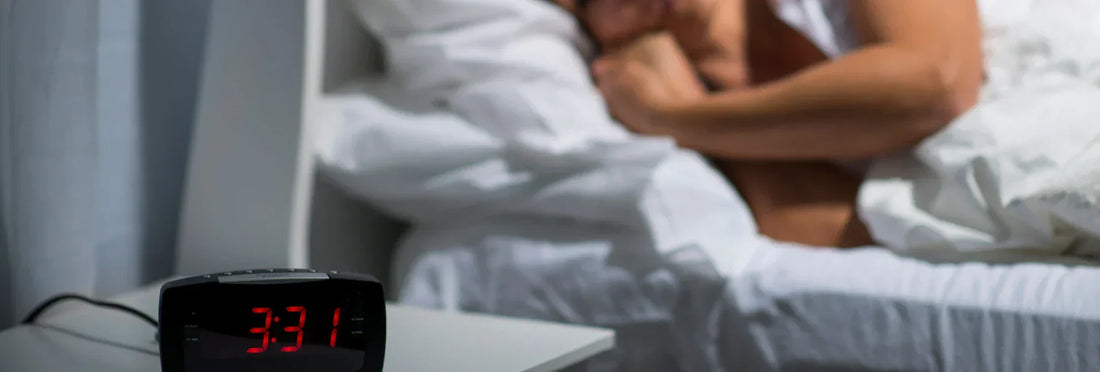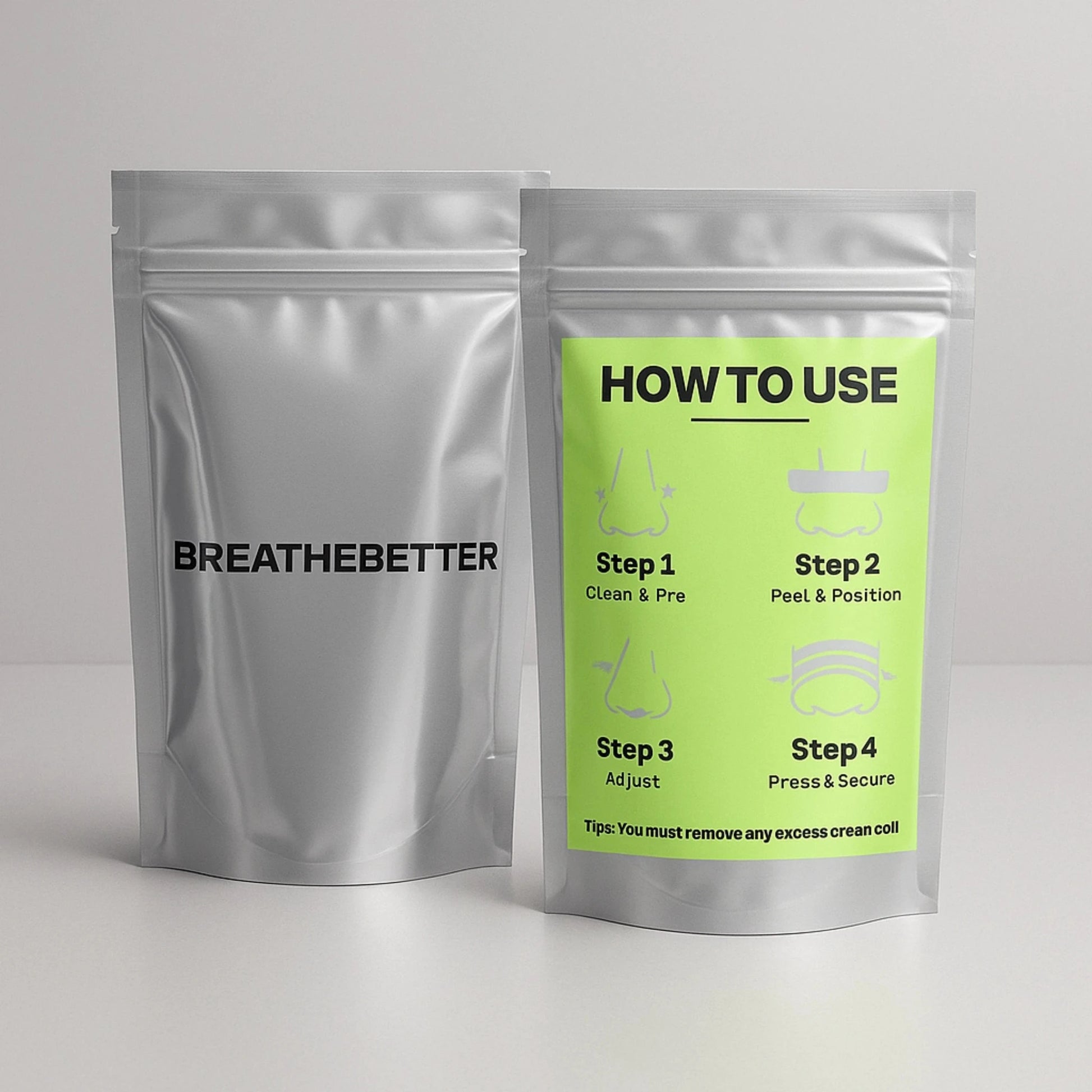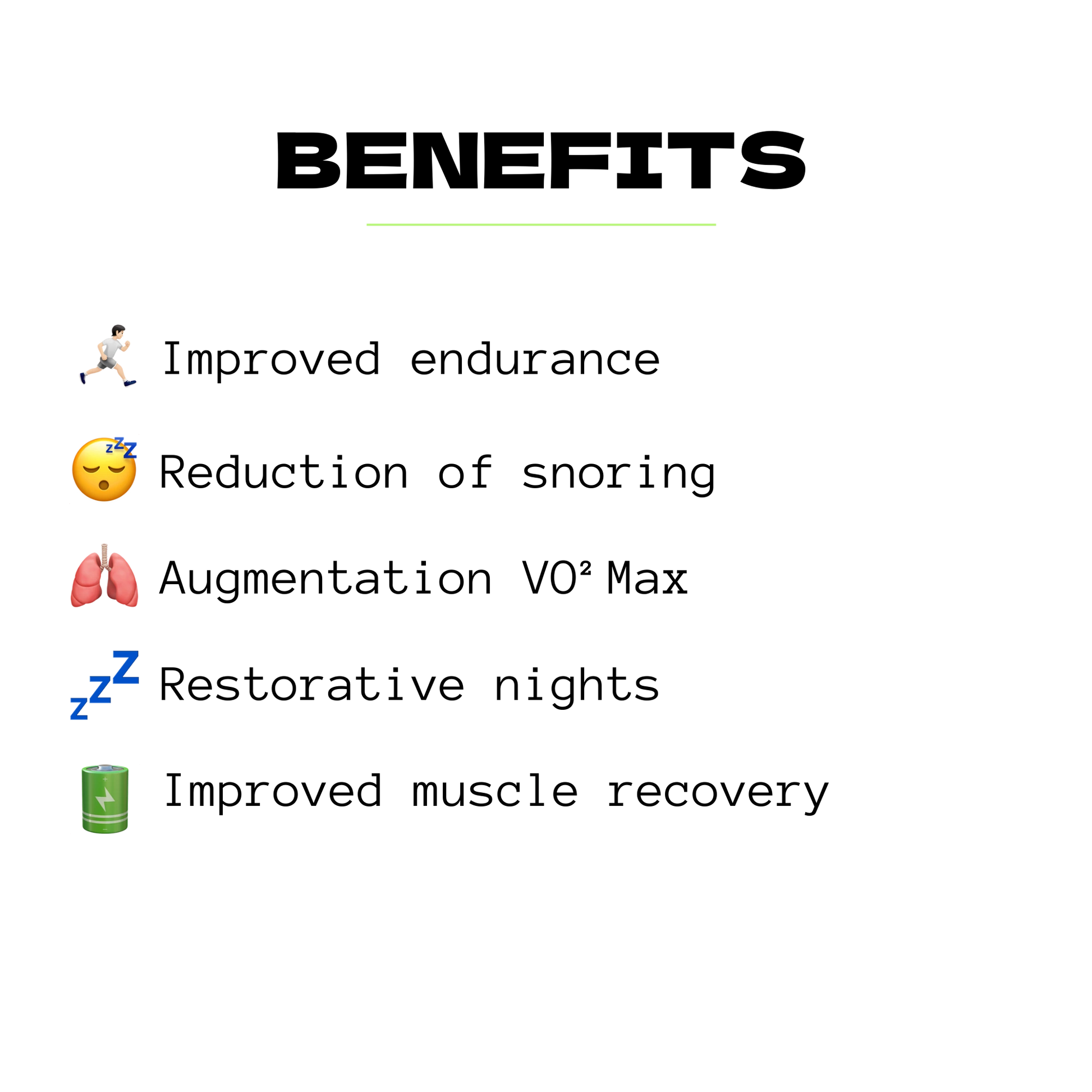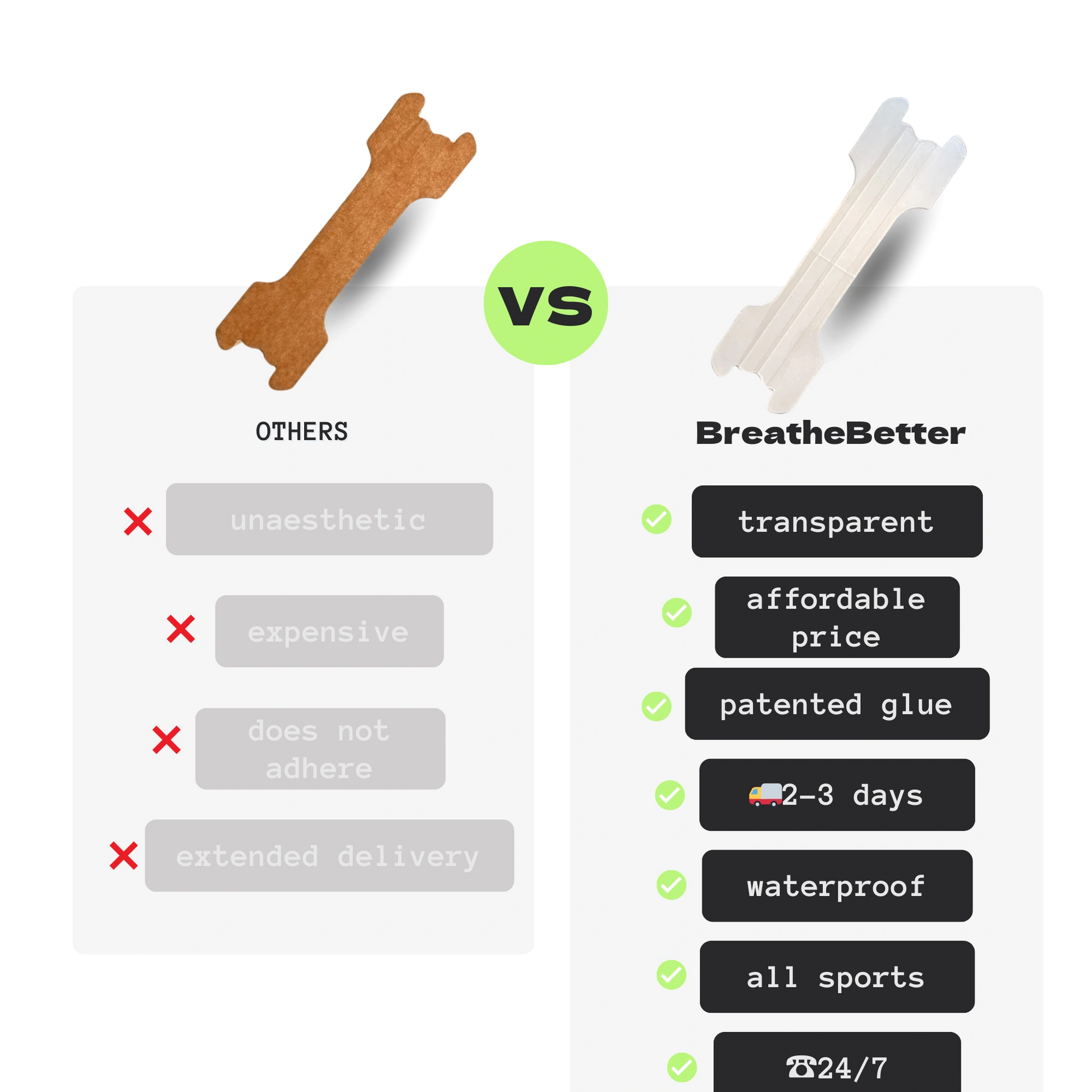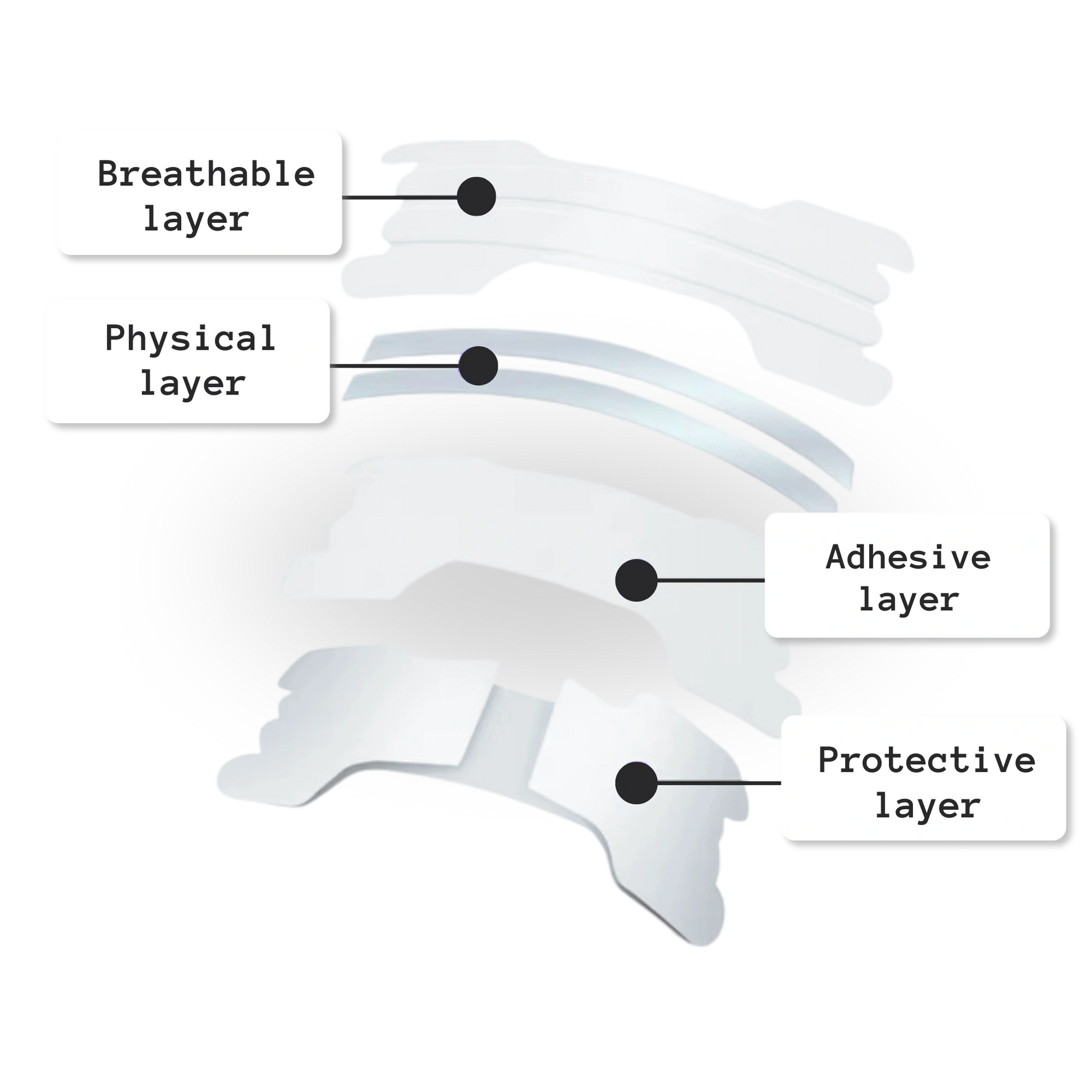Do you often wake up tired, feeling like you haven't really slept? Sleep disorders affect nearly a third of the population today. However, understanding the causes of sleep disorders allows us to better prevent them and adopt gentle, effective, and natural solutions. Breathing, lifestyle, stress... we explain everything in this article to help you get back to restful sleep.
The most common causes of sleep disorders
Stress and anxiety, invisible enemies of the night
Chronic stress is one of the most common factors behind sleep disturbances. When we're anxious, our bodies remain on alert, even when we're lying down. The result: falling asleep is difficult, we wake up frequently during the night, and our sleep quality is significantly reduced.
- Mental ruminations at bedtime
- Increased cortisol, the stress hormone
- Body hypervigilance during the night
Exposure to screens before bedtime
Screens emit blue light that disrupts the production of melatonin, the hormone that regulates sleep. Staring at your phone or television right up until bedtime disrupts your internal clock.
| Screen type | Impact on sleep |
|---|---|
| Smartphone | Melatonin disruption |
| Computer | Cognitive arousal, delayed sleep onset |
| Television | Lighter sleep, no more micro-awakenings |
Breathing disorders such as sleep apnea
Sleep apnea is a temporary interruption of breathing during the night. It prevents the brain from entering a deep, restorative sleep. This condition is often linked to impaired nasal breathing or an obstruction of the upper airway.
An unbalanced pace of life
An irregular bedtime, a noisy environment, or even eating too much in the evening can all disrupt your sleep cycle. The body thrives on regularity, and each disruption directly impacts the quality of your rest.
The essential role of nasal breathing in sleep quality
The importance of nasal breathing at night is often underestimated. Yet, it plays a key role in relaxing the parasympathetic nervous system, which promotes rest and recovery.
- Better tissue oxygenation
- Reduction of micro-awakenings
- Reduced snoring
- Prevention of mild sleep apnea
Breathing through the nose also naturally slows the heart rate and promotes faster sleep. With this in mind, BreatheBetter nasal strips have become a simple yet effective solution for improving nighttime breathing.
Natural solutions to treat sleep disorders
Create a calming evening routine
Preparing your body and mind for sleep is essential. A well-thought-out routine signals to your brain that it's time to slow down.
- Reduce light and screens 1 hour before bedtime
- Read a book, listen to soft music
- Use dim lighting or candles
Adopt a diet conducive to sleep
What you eat in the evening has a significant impact on the quality of your sleep. Foods rich in tryptophan or magnesium are recommended.
| Foods to favor | Effect on sleep |
|---|---|
| Almonds | Soothe the nervous system |
| Bananas | Rich in magnesium and potassium |
| Chamomile tea | Promotes relaxation and sleep |
Use relaxation techniques
Conscious breathing, cardiac coherence or even mindfulness meditation can greatly improve your ability to fall asleep.
Optimize your sleep environment
A comfortable bed, a cool room (ideally 18°C), complete darkness and good sound insulation are the foundations of restful sleep.
Identify the causes to take better action
Sleep disorders aren't inevitable. By identifying their causes—stress, lifestyle, breathing problems—you can implement simple and natural solutions. One of the most accessible is to optimize your nighttime breathing with BreatheBetter nasal strips. And you, what's the main cause of your poor sleep? You can explore our other pages on how to stop snoring to learn more.

